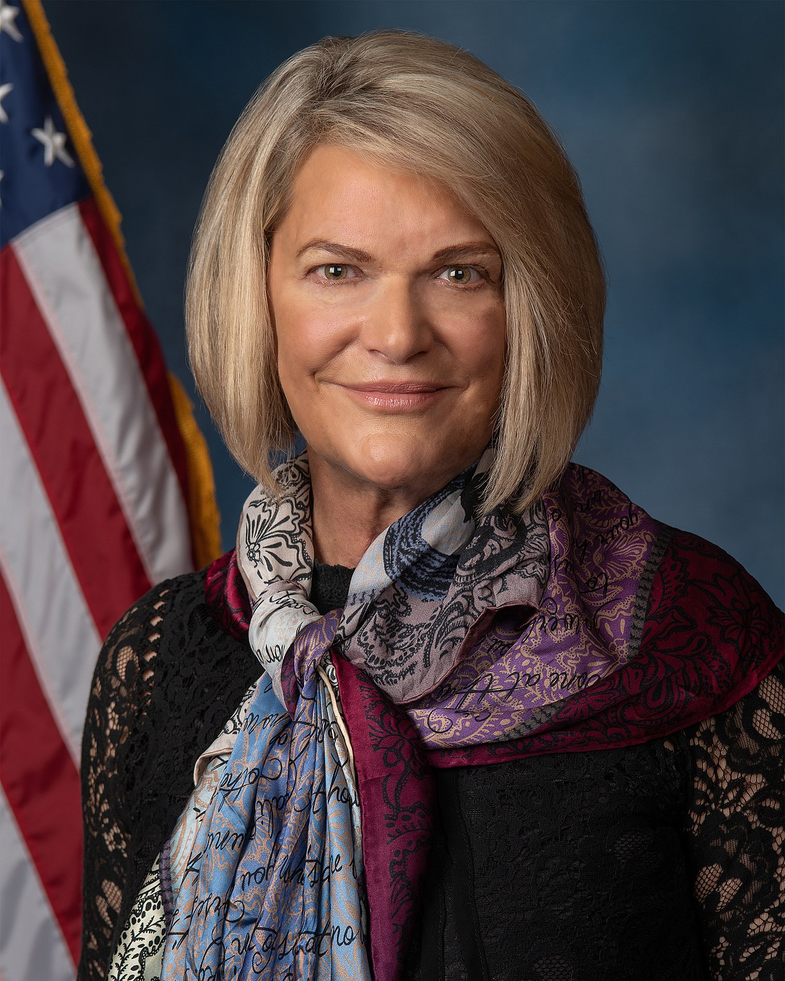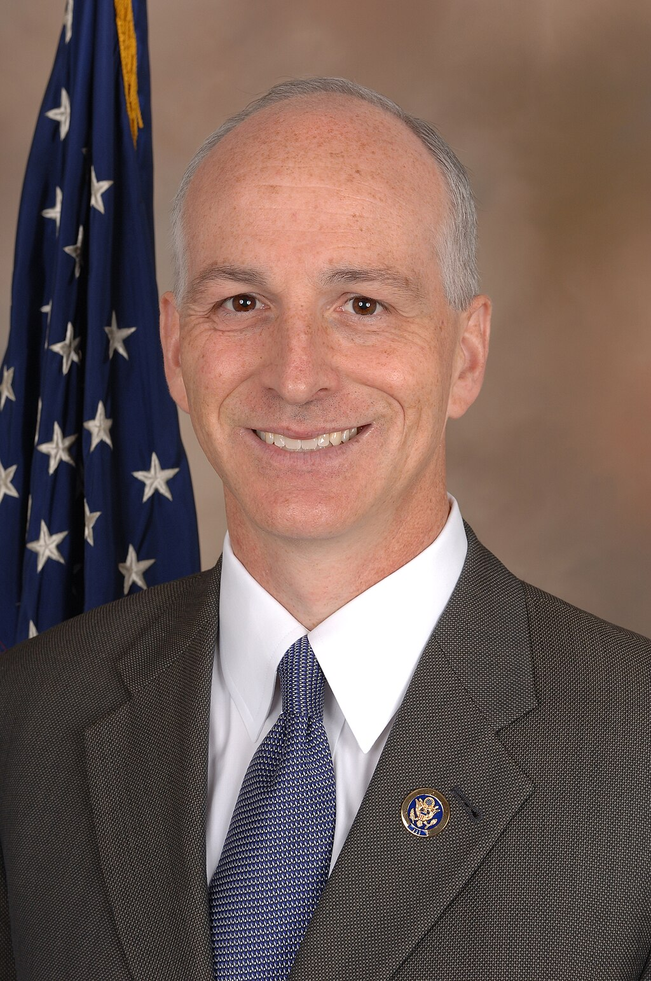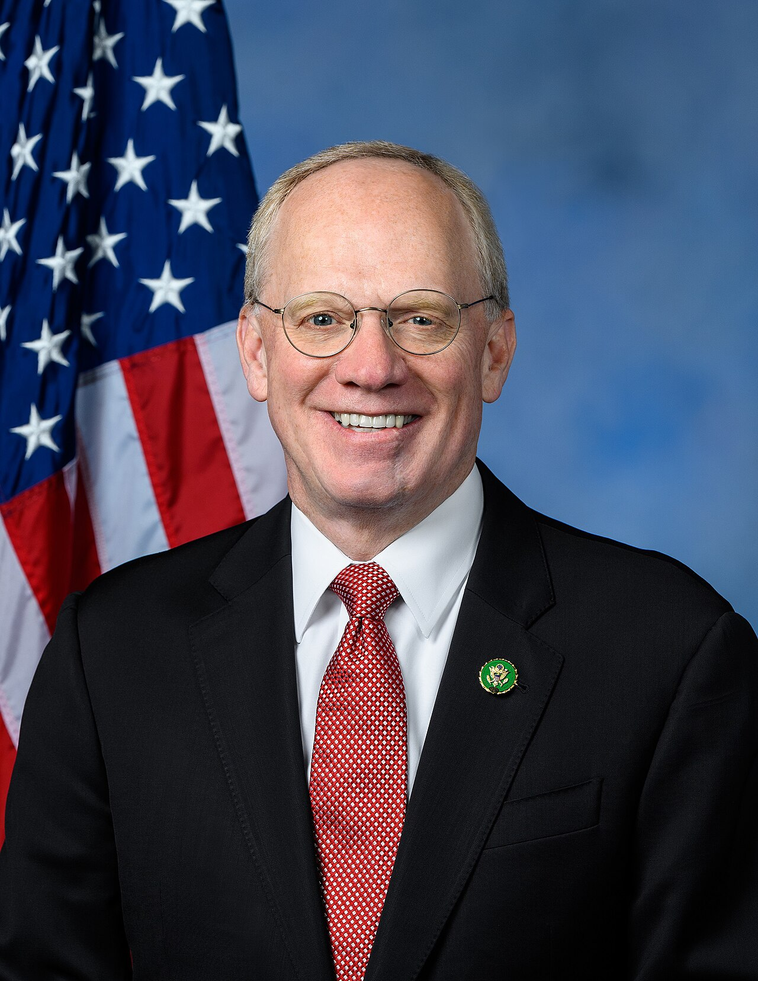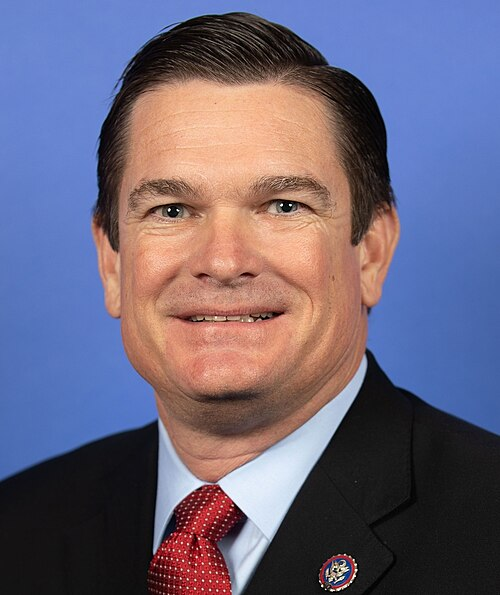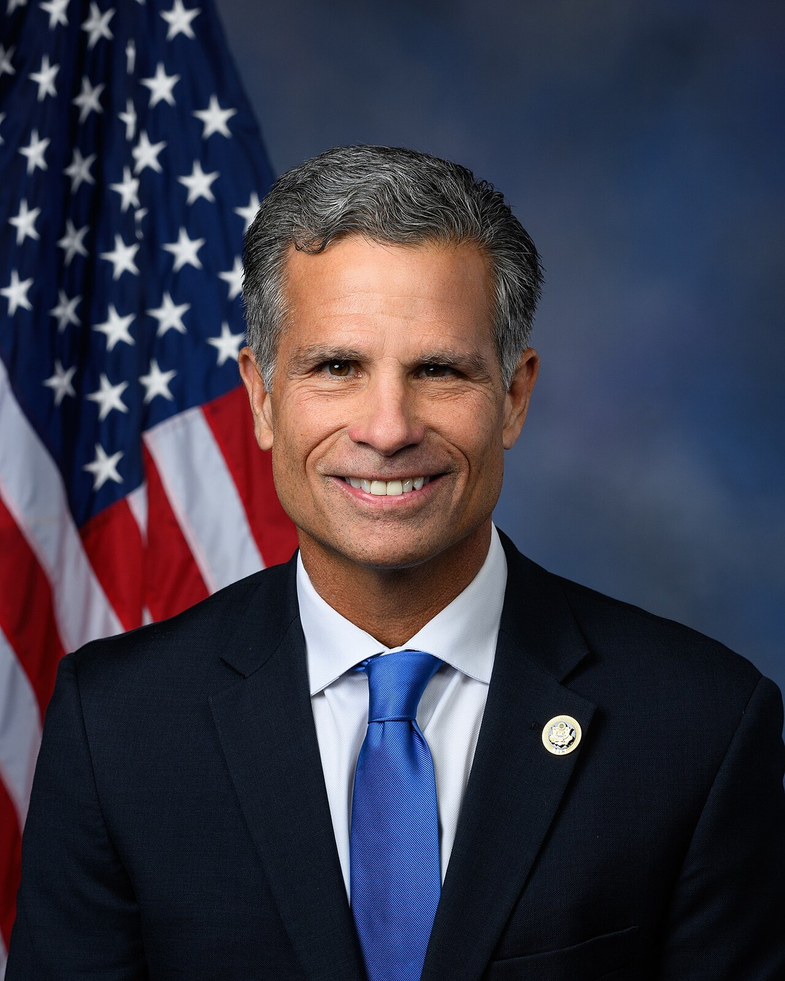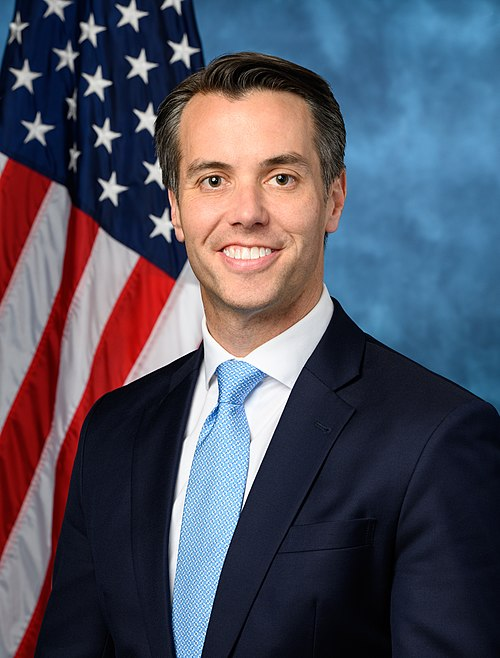S. 1798: Autonomous Vehicle Acceleration Act of 2025
The Autonomous Vehicle Acceleration Act of 2025 is a proposed legislation aimed at updating the regulatory framework for autonomous vehicles (AVs) in the United States. Its primary intention is to facilitate the development, certification, and deployment of Level 4 and Level 5 AVs—vehicles capable of driving themselves without human intervention. Here’s a summary of its key components:
Findings
The bill outlines several key findings, including:
- Advancements in AV technology offer opportunities for safer and more efficient transportation.
- Current federal safety standards do not adequately apply to fully autonomous vehicles, leading to certification challenges.
- Being a leader in AV technology will benefit the U.S. economy and its manufacturing industry.
- Data suggests that the most advanced AV systems can outperform human drivers in safety.
Definitions
The bill provides definitions for terms that are crucial for its implementation, such as:
- Autonomous vehicle: A vehicle equipped with an automated driving system capable of performing driving tasks without human involvement (Level 4 or 5).
- FMVSS: Federal motor vehicle safety standards governing vehicle safety.
- SAE International Standard J3016: A standardized definition for driving automation levels.
Certification Challenges and Regulatory Updates
Within one year of the bill's enactment, the Secretary of Transportation must address and resolve certification challenges identified in a 2016 report by the Volpe Center. This includes:
- Overcoming assumptions about human drivers in existing safety standards.
- Updating FMVSS requirements to be more suitable for AVs, such as those related to vehicle design and features.
The Secretary will have the discretion to amend or interpret existing regulations to facilitate the certification process for AVs without unnecessary hindrances.
Future Roadmap for AV Deployment
The bill mandates the Secretary to create a roadmap for achieving widespread deployment of Level 4 and Level 5 AVs within one year. This roadmap will include:
- Support for the design and manufacturing of AVs.
- Strategies to bolster U.S. leadership in global AV markets.
- Identification of barriers to deploying AVs.
- Establishment of safety standards specific to AV usage.
- Assessment of new technologies and safety concerns related to AVs.
The roadmap must be periodically updated and made publicly available to ensure transparency and ongoing progress tracking.
Reporting Requirements
The Secretary will also be required to submit reports to Congress detailing the actions taken to address the identified certification challenges, and preliminary updates on the supplemental technology assessment within a specified timeframe.
Relevant Companies
- TSLA (Tesla, Inc.): As a leading manufacturer of electric vehicles with significant investments in autonomous driving technology, Tesla would likely be directly affected by changes in the regulatory environment for AVs.
- GM (General Motors Company): GM is heavily involved in developing AV technologies and would benefit from changes to regulations that facilitate certification and deployment.
- GOOGL (Alphabet Inc.): As the parent company of Waymo, a key player in AV technology, Alphabet's operations could be positively influenced by streamlined regulations for AV deployment.
- F (Ford Motor Company): Ford is actively developing AV technology, and changes to federal regulations could impact their product offerings and market strategy.
This is an AI-generated summary of the bill text. There may be mistakes.
Sponsors
1 sponsor
Actions
2 actions
| Date | Action |
|---|---|
| May. 15, 2025 | Introduced in Senate |
| May. 15, 2025 | Read twice and referred to the Committee on Commerce, Science, and Transportation. |
Corporate Lobbying
0 companies lobbying
None found.
* Note that there can be significant delays in lobbying disclosures, and our data may be incomplete.
